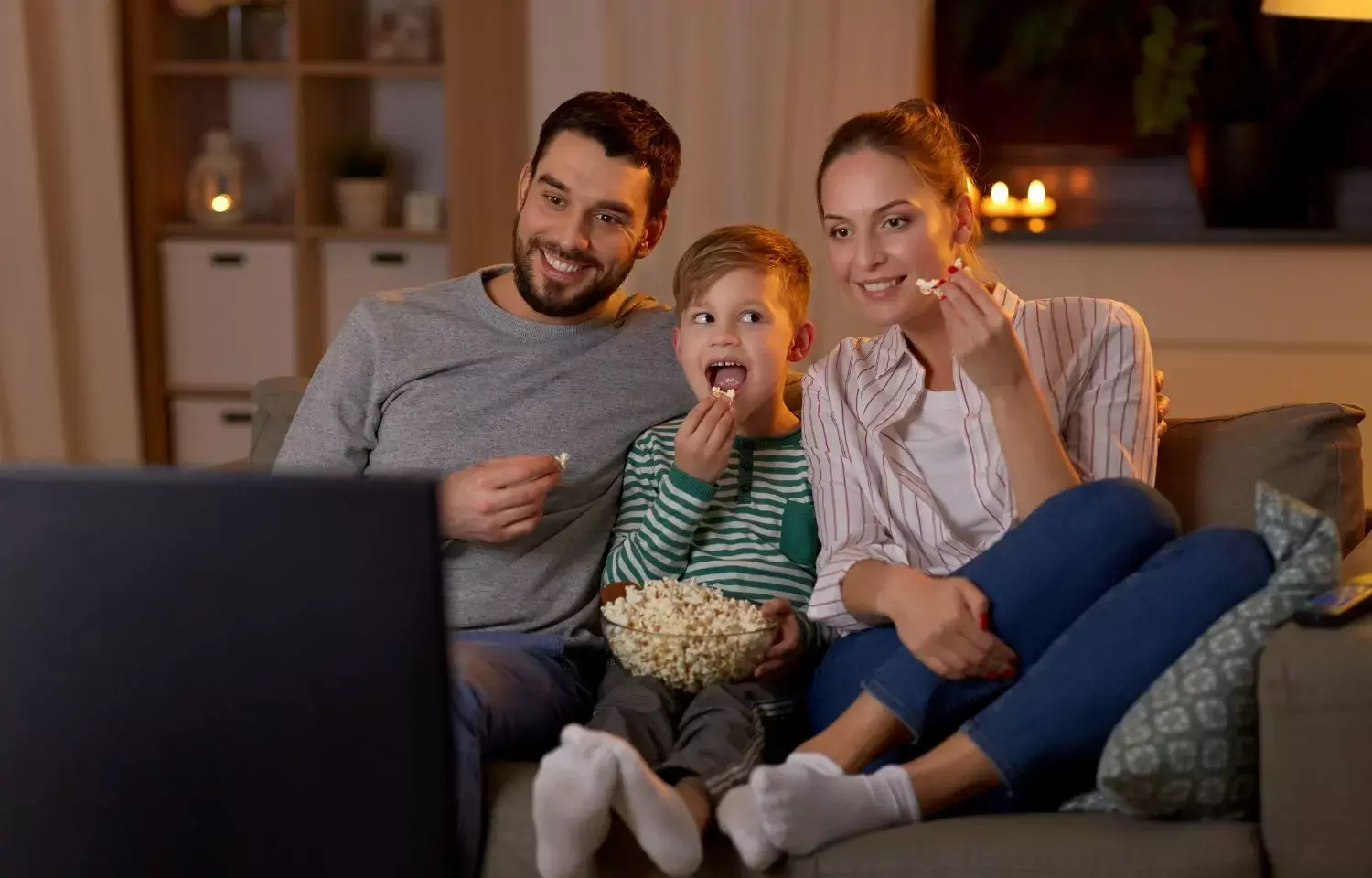- Home
- Medical news & Guidelines
- Anesthesiology
- Cardiology and CTVS
- Critical Care
- Dentistry
- Dermatology
- Diabetes and Endocrinology
- ENT
- Gastroenterology
- Medicine
- Nephrology
- Neurology
- Obstretics-Gynaecology
- Oncology
- Ophthalmology
- Orthopaedics
- Pediatrics-Neonatology
- Psychiatry
- Pulmonology
- Radiology
- Surgery
- Urology
- Laboratory Medicine
- Diet
- Nursing
- Paramedical
- Physiotherapy
- Health news
- Fact Check
- Bone Health Fact Check
- Brain Health Fact Check
- Cancer Related Fact Check
- Child Care Fact Check
- Dental and oral health fact check
- Diabetes and metabolic health fact check
- Diet and Nutrition Fact Check
- Eye and ENT Care Fact Check
- Fitness fact check
- Gut health fact check
- Heart health fact check
- Kidney health fact check
- Medical education fact check
- Men's health fact check
- Respiratory fact check
- Skin and hair care fact check
- Vaccine and Immunization fact check
- Women's health fact check
- AYUSH
- State News
- Andaman and Nicobar Islands
- Andhra Pradesh
- Arunachal Pradesh
- Assam
- Bihar
- Chandigarh
- Chattisgarh
- Dadra and Nagar Haveli
- Daman and Diu
- Delhi
- Goa
- Gujarat
- Haryana
- Himachal Pradesh
- Jammu & Kashmir
- Jharkhand
- Karnataka
- Kerala
- Ladakh
- Lakshadweep
- Madhya Pradesh
- Maharashtra
- Manipur
- Meghalaya
- Mizoram
- Nagaland
- Odisha
- Puducherry
- Punjab
- Rajasthan
- Sikkim
- Tamil Nadu
- Telangana
- Tripura
- Uttar Pradesh
- Uttrakhand
- West Bengal
- Medical Education
- Industry
Watching TV with your child may help their cognitive development, suggests study

With passage of time, screen time has doubled among children aged 0 to 2 years. Screen exposure has generally found bad in earlier studies.
Researchers at University of Portsmouth and Paris Nanterre University, France have found in a new study that watching TV with your child may help their cognitive development. Further screen exposure - whether that be from a TV or mobile device-can be beneficial, depending on the context in which it's viewed.
The new study has been published in Frontiers in Psychology.
Researchers analysed 478 studies published in the past two decades. Their findings found exposure to television early on may be detrimental to play, language development and executive functioning, particularly for young infants.
Dr Eszter Somogyi from the Department of Psychology at the University of Portsmouth, said: "We're used to hearing that screen exposure is bad for a child and can do serious damage to their development if it's not limited to say less than an hour a day. While it can be harmful, our study suggests the focus should be on the quality or context of what a child is watching, not the quantity.
"Weak narrative, fast pace editing, and complex stimuli can make it difficult for a child to extract or generalise information. But when screen content is appropriate for a child's age, it's likely to have a positive effect, particularly when it's designed to encourage interaction."
Studies also show screen time is more beneficial to a child if a parent or adult is present, as they can engage with them and ask questions.
"Families differ a lot in their attitudes toward and the use of media", explained Dr Somogyi.
"These differences in the viewing context play an important role in determining the strength and nature of TV's impact on children's cognitive development. Watching television with your child and elaborating and commenting on what is viewed can help enhance their understanding of the content, reinforcing their learning during educational programs.
"Coviewing can also contribute to the development of their conversation skills and provides children with a role model for appropriate television viewing behaviour."
While the right type of content can do more good than harm, the study warns watching TV shouldn't replace other learning activities, such as socialising. Instead, it is imperative to inform caregivers of children younger than 3 about the risks associated with prolonged exposure to screen viewing in the wrong context.
The authors recommend reinforcing contexts that promote learning, such as viewing chosen age-adapted content, viewing with adult supervision, and not having a second device or TV screen on in the background.
Dr Bahia Guellaï, from the Department of Psychology at Paris Nanterre University, added: "The important 'take home message' here is that caregivers should keep in mind new technologies. Television or smartphones, should be used as potential tools to compliment some social interactions with their young children but not to replace it.
"I think the most important challenge of our societies for future generations is to make adults and young people aware of the risk of an unconsidered or inappropriate use of screen-use. This will help in preventing situations in which screens are used as the new type of child-minding , as it has been during the pandemic lockdowns in different countries.
"I am optimistic with the concept of finding an equilibrium between the rapid spread of new technological tools and the preservation of the beautiful nature of human relationships."
Reference:
Bahia Guellai, Eszter Somogyi, Rana Esseily, Adrien Chopin, Effects of screen exposure on young children's cognitive development: A review. DO - 10.3389/fpsyg.2022.923370 Frontiers in Psychology
Dr Kamal Kant Kohli-MBBS, DTCD- a chest specialist with more than 30 years of practice and a flair for writing clinical articles, Dr Kamal Kant Kohli joined Medical Dialogues as a Chief Editor of Medical News. Besides writing articles, as an editor, he proofreads and verifies all the medical content published on Medical Dialogues including those coming from journals, studies,medical conferences,guidelines etc. Email: drkohli@medicaldialogues.in. Contact no. 011-43720751


